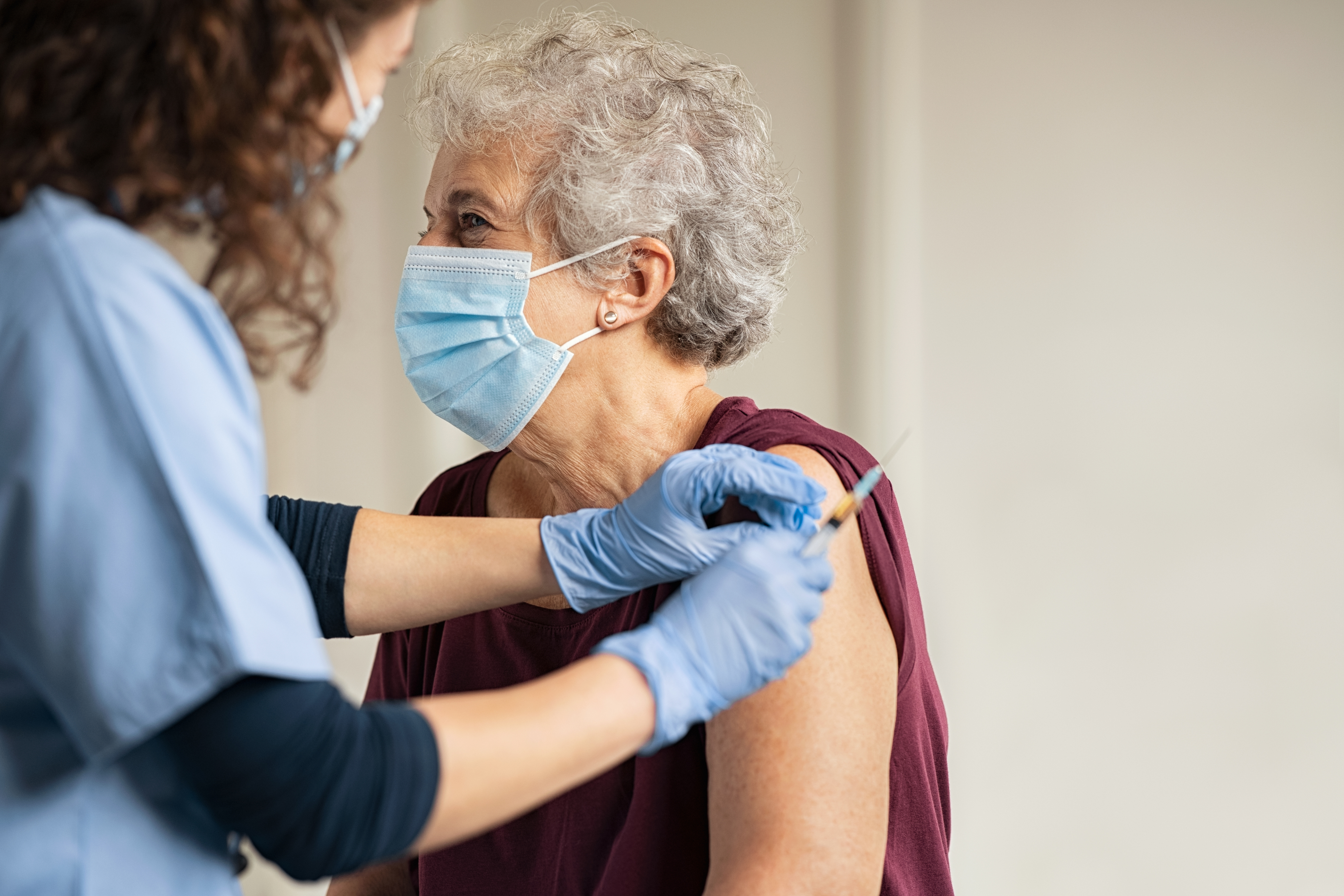Author: John Ortega

"People who get vaccinated not only protect themselves, they protect people in their community, including those who may be more vulnerable to serious illnesses."
Many people associate flu with the cold winter months, but now is the time to start planning to get a vaccination for the upcoming influenza season.
 “The prime time to get a shot would be mid-October,” said Craig Brown, D.O., a physician with McLaren Greater Lansing – Mid-Michigan Portland Family Care. “It takes a couple of weeks after getting the shot to really build up your protection, to build up the antibodies, and ramp up your body’s ability to respond to the flu, so getting the shot in mid-October would have you fully vaccinated by the end of the month.”
“The prime time to get a shot would be mid-October,” said Craig Brown, D.O., a physician with McLaren Greater Lansing – Mid-Michigan Portland Family Care. “It takes a couple of weeks after getting the shot to really build up your protection, to build up the antibodies, and ramp up your body’s ability to respond to the flu, so getting the shot in mid-October would have you fully vaccinated by the end of the month.”
COVID-19 is understandably on people’s minds as we approach the second winter of a global pandemic, but it is unwise to downplay the potential seriousness of the flu, particularly if one were to get it and COVID-19 at the same time.
“Having the flu and being exposed to COVID-19 could be really serious,” said Dr. Brown. “Your immune system is going to be taxed by having the flu, which leaves you vulnerable to other illnesses, including COVID-19.”
Dr. Brown said the efficacy of flu shots starts to wane after six months. A person who gets vaccinated in October or November should be protected until April or May, which is typically when the influenza season is winding down.
Minor symptoms from a flu shot can include soreness and redness around the injection site, a low-grade fever, chills, or a headache, but many people do not experience any.
“Serious side effects are a rarity,” said Dr. Brown. “People might feel a little tired and a little achy after getting the flu shot, but those symptoms will usually go away after a couple of days. Those symptoms are your immune system reacting to the immunization, but you cannot get the flu from the immunization.”
While Dr. Brown recommends that everyone get a flu shot, he said it is especially important for people with health issues such as asthma, chronic obstructive pulmonary disease (COPD), diabetes, and heart disease to be vaccinated because influenza can pose additional risks for them.
“People who get vaccinated not only protect themselves, they protect people in their community, including those who may be more vulnerable to serious illnesses,” said Dr. Brown.
Seeing a primary care physician is critical to your health and well-being throughout the year. Click here for a list of primary care physicians at McLaren Greater Lansing who are accepting new patients within four weeks or fewer.